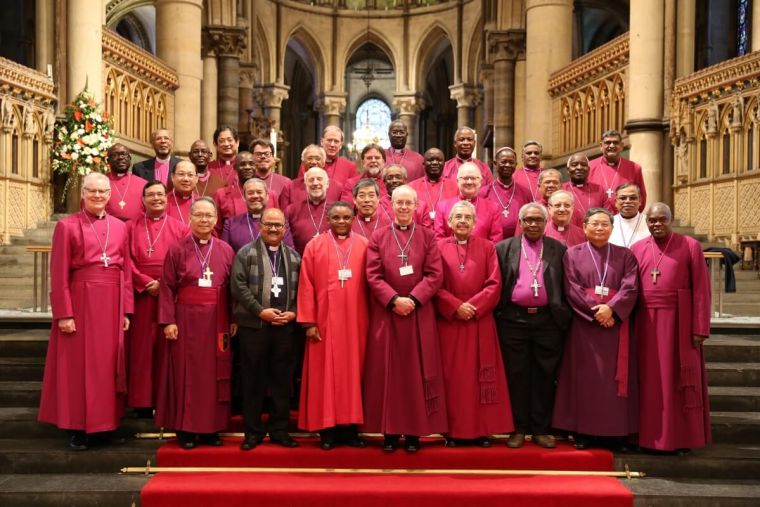Archbishop of Armagh defends Primates' action against the US Episcopal Church

The head of the Anglican Church of Ireland has defended the decision by the Primates of the worldwide Anglican Communion to take action against the US Episcopal Church over homosexuality.
Archbishop of Armagh Dr Richard Clarke, who was among the Primates from 38 provinces who met in Canterbury last week, insisted the Americans had been neither humiliated nor sanctioned.
The Archbishop of Canterbury Justin Welby said last week that the decision to remove some of the Anglican Communion rights of The Episcopal Church should be regarded as "consequences" rather than sanctions for approving same-sex marriage and consecrating openly gay bishops.
Dr Clarke, speaking on Radio Ulster's Sunday Sequence, said: "Those who wanted to push – as they're entitled to do – an agenda about gay marriage, wanted to say say 'look the Americans have been sanctioned, they're being humiliated'. The reality is they haven't.
"The first decision the primates made was we wanted to stay together, we wanted to walk together, while leaving enough breathing space, or faith space, so that hopefully we can grow together."
He said he was "always open" to changing his own mind on the issue of same sex marriage.
"My own view is that I believe in equality absolutely and completely and I don't believe that God is homophobic.
"It's a difficult one to call. I would hope that we'll work at ways in which we might find some form of pastoral accommodation that would be true to the scriptures and to our understanding that every human person is made in the image and likeness of God and is equally loved by him and must be equally loved by us."
In their concluding statement, the Primates said The Episcopal Church should "no longer represent us on ecumenical and interfaith bodies, should not be appointed or elected to an internal standing committee and that while participating in the internal bodies of the Anglican Communion, they will not take part in decision making on any issues pertaining to doctrine or polity".











